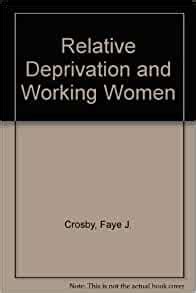A Quote by Phil Donahue
Spanking and verbal criticism have become, to many parents, more important tools of child rearing than approval.
Related Quotes
Compared to other parents, remarried parents seem more desirous of their child's approval, more alert to the child's emotional state, and more sensitive in their parent-child relations. Perhaps this is the result of heightened empathy for the child's suffering, perhaps it is a guilt reaction; in either case, it gives the child a potent weapon--the power to disrupt the new household and come between parent and the new spouse.
Whenever reality reinforces a child's fantasied dangers, the child will have more difficulty in overcoming them...So, while parents may not regard a spanking as a physical attack or an assault on a child's body, the child may regard it as such, and experience it as a confirmation of his fears that grown-ups under certain circumstances can really hurt you.
Parents who are cowed by temper tantrums and screaming defiance are only inviting more of the same. Young children become more cooperative with parents who confidently assert the reasons for their demands and enforce reasonable rules. Even if there are a few rough spots, relationships between parents and young children run more smoothly when the parent, rather than the child, is in control.
We find that even the parents who justify spanking to themselves are defensive and embarrassed about it....I suspect that deep inthe memory of every parent are the feelings that had attended his own childhood spankings, the feelings of humiliation, of helplessness, of submission through fear. The parent who finds himself spanking his own child cannot dispel the ghosts of his own childhood.
Many people value criticism in the early stage of a relationship, but become allergic to it over time. Remember this: No one can survive in a marriage (at least not happily) if they feel more judged than admired. Your partner won't make use of your constructive criticism if there's not a surrounding climate of admiration and respect.
The authoritarian child-rearing style so often found in working-class families stems in part from the fact that parents see aroundthem so many young people whose lives are touched by the pain and delinquency that so often accompanies a life of poverty. Therefore, these parents live in fear for their children's future--fear that they'll lose control, that the children will wind up on the streets or, worse yet, in jail.
The besetting sin of able men is impatience of contradiction and of criticism. Even those who do their best to resist the temptation, yield to it almost unconsciously and become the tools of toadies and flatterers. "Authorities," "disciples," and "schools" are the curse of science and do more to interfere with the work of the scientific spirit than all its enemies.

































